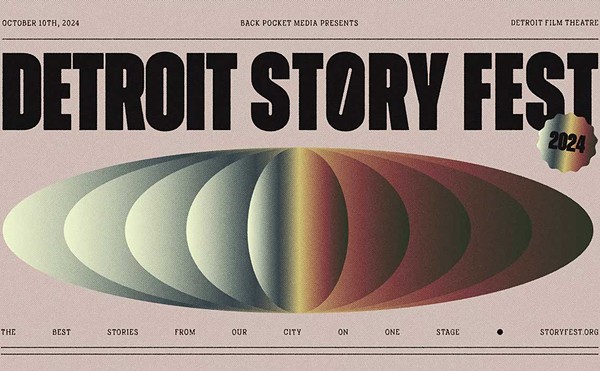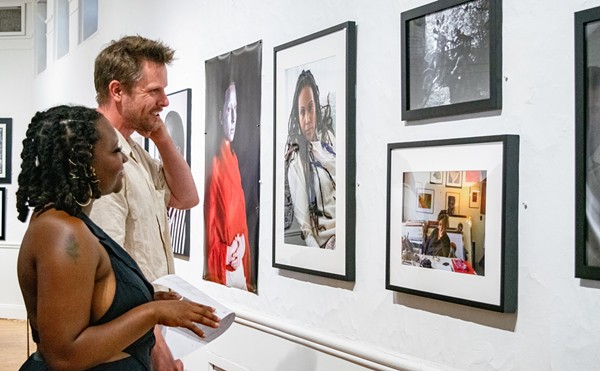"Howl" is considered by many to be a poem that loses its power and appeal once you turn 30. I'm happy to say that now, standing on the other side of 40, the poem still resonates. I return time and again to its manic, mad machinery of super-charged language. Like Whitman's "Song of Myself," "Howl" was one individual's experience, but it also was about "unloosing the valve," as Whitman put it, of a time and place in America's history.
In 1956, Allen Ginsberg gave voice to those "who ate fire in paint hotels or drank turpentine in Paradise Alley ... who chained themselves to subways ... who lounged hungry and lonesome through Houston seeking jazz or sex or soup ... who disappeared into the volcanoes of Mexico leaving behind nothing but the shadow of dungarees ... who burned cigarette holes in their arms protesting the narcotic tobacco haze of Capitalism ... who walked all night with their shoes full of blood ... who wept at the romance of the streets."
Half a century has passed since the poem was first published, and this new oversized annotated edition of Howl (Harper Perennial Modern Classics, $18.95), edited by Barry Miles, includes facsimile pages of his original typed manuscript with corrections, insertions, edits and commentary for a glimpse inside Ginsberg's creative process. Here's ample evidence that Ginsberg was a severe and self-demanding revisionist who didn't always comply with his own dictum of "first thought, best thought." There's no doubt that in another 50 years, readers will look back on the 100th anniversary of this benchmark poem.
"Howl" may be Ginsberg's greatest achievement, but the publication of his 1200-page Collected Poems: 1947-1997 (HarperCollins, $39.95), is testimony that he was also one of our most prolific poets. City Lights Books, a small press out of San Francisco founded by poet Lawrence Ferlinghetti, published much of Ginsberg's early and best work in classic black-and-white pocket-size editions and it was the publication of Howl and Other Poems in 1955 that put City Lights, both the press and the bookstore, on the American literary map. The huge Collected Poems gathers all those books as well as those Ginsberg published from 1980 until his death in 1997.
Even on his deathbed, the pen was firmly in his hand. It's here, a month or so before his final breath, that the poet arrives at one of his most touchingly tender and funny moments. In "Death & Fame" Ginsberg imagines his own funeral: "When I die/ I don't care what happens to my body/ throw ashes in the air, scatter 'em in East River ..." What Ginsberg wants, though, is a "big funeral/ St. Patrick's Cathedral, St. Mark's Church, the largest synagogue in Manhattan." Here, at the imagined funeral, we listen in with Ginsberg, as fans and friends and myriad lovers gather to grieve and celebrate and remember, to say and sing Kaddish.
Super-fans, poetasters, aging Beatniks & Deadheads, autograph-hunters, distinguished paparazzi, intelligent gawkers
Everyone knew they were part of 'History' except the deceased
who never knew exactly what was happening even when I was alive.
Alive, in body, he clearly was. A complaint about this collection could be that it's simply too big, that there are too many poems for the reader to take in, especially if you don't know where to begin. Where to begin is in the early period, when Ginsberg was at his height, when "Howl" erupted from his body's mouth. The other poems from back then, including "A Supermarket in California," "Sunflower Sutra" and "America," introduce us to a poet who's pissed-off but driven by the belief that "we're not our skin of grime, we're not our dread bleak dusty imageless locomotive, we're all beautiful golden sunflowers inside, we're blessed by our own seed."
Peter Markus is a local poet, editor and frequent Metro Times contributor. Send comments to [email protected]




